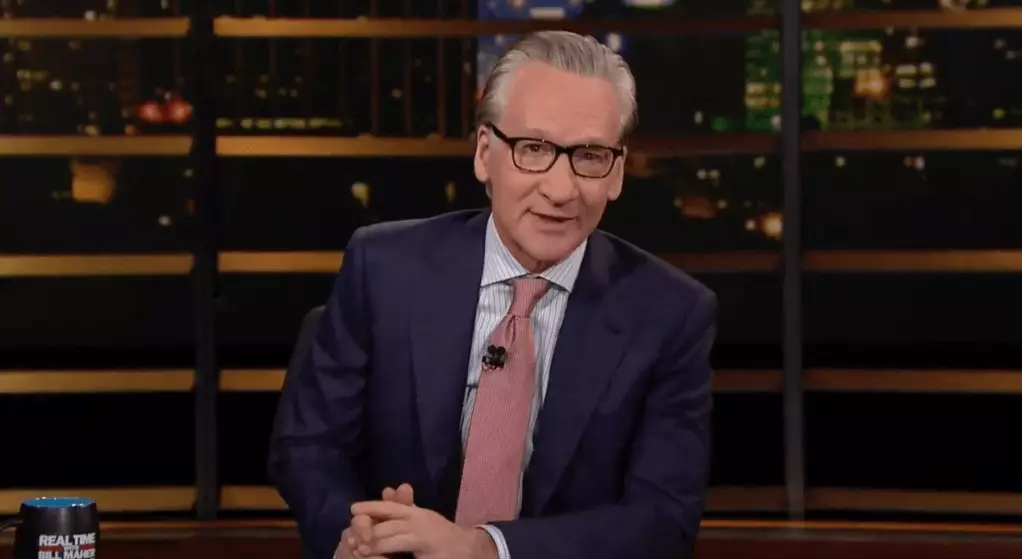In the current landscape of comedy, there is a noticeable shift in audience demographics. TV executives are no longer fixated on the 18-49 age group, as their audience is skewing older with the median age being 66 for ABC and 69 for Fox News. Stand-up comics are also experiencing a shift in their audience demographics, with crowds at arenas or clubs becoming more mature. As a result, there is a trend towards less crude and more socially acceptable humor in order to cater to the changing audience.
Stand-up comics are a unique breed of entertainers who are known for their restless and raunchy nature. They are not known for being friendly or accommodating, with many famous comedians like Don Rickles and Joey Bishop being notoriously harsh towards their fans. Even Johnny Carson confessed to having a hostile attitude at social gatherings due to the expectation of being funny at all times. Stand-up comics are protective of their material and quick to accuse others of stealing their jokes.
Bill Maher stands out among stand-up comics for his attempt to be amicable in personal conversations, except when faced with disagreement. Maher has a compulsive need to prove his wit and intelligence, often coming across as sharp and argumentative. His recent attempt at centrist comedy, reflected in his book “What This Comedian Said will Shock You,” calls for unity and a move away from extreme partisan divides. Maher’s role as a spokesman for moderation comes with a history of controversial statements and conflicts, such as being sued by Donald Trump and being canceled from ABC’s “Politically Incorrect.”
As Maher enters the realm of centrism in his comedy, he faces challenges in appealing to a broader audience. While there is a potential rise of centrism in Washington as argued by David Leonhardt, the transition from traditional comedy to a more moderate approach may not be seamless. Maher’s insistence on living in the middle ground, especially in the current political climate, may be met with skepticism and resistance. As he navigates the complexities of balancing humor with social commentary, Maher must find a way to connect with both older and younger audiences while maintaining his distinct comedic style.
Bill Maher’s attempt at centrism marks a significant departure from his traditional comedic approach. As he grapples with the changing landscape of comedy and the broader political and social context, Maher’s evolution as a comedian reflects a larger trend towards moderation and unity. However, the success of his centrist humor remains to be seen, as he continues to push boundaries and challenge conventions in pursuit of a more inclusive comedic style.

